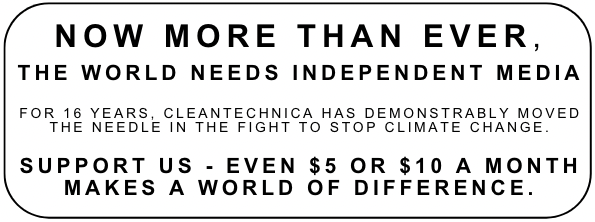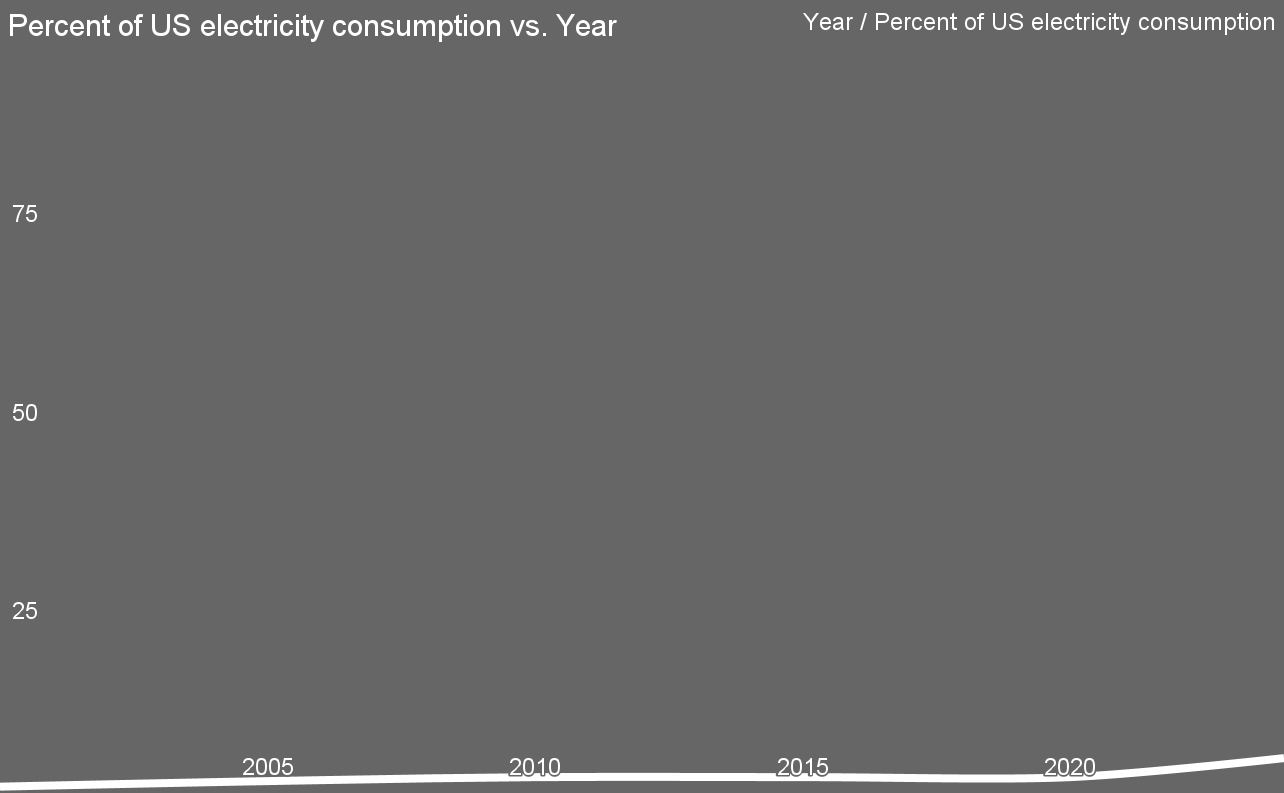
Sign up for daily news updates from CleanTechnica on email. Or follow us on Google News!
Most of us are familiar with A Christmas Carol, the story of Ebenezer Scrooge penned by Charles Dickens at a time when stories were seldom published as entire books but rather chapter by chapter in weekly newspapers. The idea was to get people to buy multiple papers over many weeks in order to maximize revenue for publishers and authors. A Christmas Carol was not published in serialized form, however. It was released as a novella on December 19, 1843. By Christmas Eve of that year, it had sold out.
According to Wikipedia, Dickens was inspired by a visit to the Field Lane Ragged School, one of several establishments for London’s homeless children. The treatment of the poor and the ability of a selfish man to redeem himself by transforming into a more sympathetic character are the key themes of the story. There is discussion among academics as to whether this is a secular story or a Christian allegory. That debate continues today and readers are free to form their own opinions on that matter. The fact that the story has been retold thousands of times in plays and movies may offer a clue, however.
For decades, Trinity Repertory Theater in Providence, Rhode Island, has staged A Christmas Carol. Every year, the production is different and it has become a tradition for people who live in the area to go every year to see what new and creative features have been added. A group of young children is always included in the cast. Today there are hundreds of people who can say they were part of that Trinity Rep experience when they were young. My wife and I have been at least a dozen times and every year the experience is different, though the story never changes.
Trinity Rep is known for being creative. One year, Jacob Marley made his first appearance spinning on a trapeze high above the audience dressed in a white sequin suit while caught in the glare of spotlights. It was quite an entrance, one that had the audience entranced. Scrooge has been played by a number of local actors, each with his or her own personal flair. Did I say her? Yes indeed. One year Scrooge was played by a woman of color. That may seem trés avant garde, but she played the part beautifully. Another year, the Ghost of Christmas Future was played by a Big Nazo puppet ten feet tall and dressed all in black.
Scrooge, of course, is famous for being a miser — greedy and grasping, as the play amply makes abundantly clear. One of the scenes involves two local businessmen who ask Scrooge for a donation for the needy children, such as the ones that Dickens may have been at the Field Lane Ragged School. Here’s how he responds to their request:
He goes on to say, “Everyone who goes about with ‘Merry Christmas’ on their lips should be boiled in their own pudding and buried with a stake of holly through their heart.” Hardly a thought worthy of a time of year that celebrates the birth of Jesus Christ.
That night, Scrooge sees an apparition — the ghost of his former business partner, Jacob Marley. He has come to warn Scrooge he will be visited by three spirits during the night. When Scrooge attempts to mollify the spirit by saying he was always a good man of business, the spirit offers this retort, which some might say summarizes Dickens’ theme:
At this point, readers are encouraged to reflect on the present time in America, a time ruled by oligarchs intent on diminishing the social safety net in order to further increase their own already abundant wealth. Would Dickens have needed to alter the play in any significant way if we were alive today?
The second spirit is the Ghost Of Christmas Present, who comes clothed in an enormous robe. Scrooge sees something hidden behind the robe and asks whether it is a foot or a claw. The Ghost replies, “It might be a claw, for all the flesh there is upon it,” then pulls back his robe to reveal a young boy and young girl. “This boy is Ignorance. This girl is Want,” the Ghost says. “Beware them both, and all of their degree, but most of all beware this boy, for on his brow I see that written which is Doom, unless the writing be erased.”
Ignorance. Even in 1843, Charles Dickens understood the destructive power of that condition. And yet, 180 years later, America and much of the rest of the world seem determined to celebrate ignorance and use it to attack reason, tearing down that which science and education have built up for centuries. We have entered an age, driven by the fragmentation of society the internet has made possible, where dogma and opinion are held in higher regard than facts. Someone says Haitians are eating dogs and cats in Springfield, Ohio, and millions nod their heads in agreement and mutter darkly about exterminating the vermin who would do such things without stopping for a second to consider whether the information is accurate. That is the very definition of ignorance.
What is it that makes A Christmas Carol such an enduring tale? Writing in the New York Times, Roger Rosenblatt says, “At its core, it is a story about the forces that exist within all of us — greed and generosity, hatred and love, repentance and forgiveness. We are all capable of narrow mindedness, of selfishness and greed. We are all concerned for our own material enrichment. But so too are we capable of fantastic generosity and selflessness. Dickens understood this, and it was in demonstrating the benefits of raising our moral consciousness that the quiet genius of A Christmas Carol most shines through.”
Today is Christmas, the day we celebrate the birth of Jesus. It seems to me Dickens was simply trying to say, if you are a follower of Jesus and you think his message was important, then live it. You don’t have to belong to any church, you just need to take the words of Ebenezer Scrooge to heart and live them every day.
Merry Christmas to the entire worldwide CleanTechnica community. Let’s make 2025 the year when our better natures shine through.

Chip in a few dollars a month to help support independent cleantech coverage that helps to accelerate the cleantech revolution!
Have a tip for CleanTechnica? Want to advertise? Want to suggest a guest for our CleanTech Talk podcast? Contact us here.
Sign up for our daily newsletter for 15 new cleantech stories a day. Or sign up for our weekly one if daily is too frequent.
CleanTechnica uses affiliate links. See our policy here.
CleanTechnica’s Comment Policy




